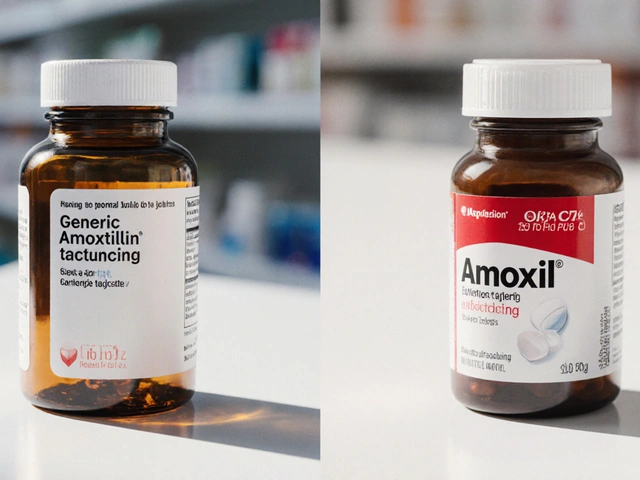Gut Health: Simple Steps for a Happier Digestive System
Ever feel bloated after a meal or struggle with irregular bathroom trips? That’s your gut trying to tell you something. A healthy gut does more than just process food – it influences energy, mood, and even immunity. The good news? Most people can improve their gut with everyday changes, no fancy gadgets required.
Everyday Habits That Support Your Gut
First, stay hydrated. Water helps move food through the intestines and prevents constipation. Aim for at least eight glasses a day and sip during meals rather than gulping large amounts.
Second, move your body. Light exercise like a 20‑minute walk after eating can boost peristalsis, the wave‑like motion that pushes food along. You don’t need a marathon; consistency beats intensity.
Third, manage stress. Chronic stress raises cortisol, which can disrupt the gut lining and throw off the balance of good bacteria. Simple practices – deep breathing, a short meditation, or listening to a favorite song – can calm the nervous system and protect your gut.
Fourth, prioritize sleep. Poor sleep can increase inflammation and affect gut motility. Aim for 7‑9 hours of quality rest, and try to keep a regular bedtime routine.
Foods and Supplements to Nurture Your Microbiome
Fiber is the star player for gut health. Soluble fiber (found in oats, apples, and beans) feeds beneficial bacteria, while insoluble fiber (like whole‑grain wheat and carrots) adds bulk to stool. Target 25‑30 grams of fiber daily and increase gradually to avoid gas.
Probiotic foods add live microbes straight to your system. Yogurt with live cultures, kefir, sauerkraut, kimchi, and miso are easy options. If you prefer a pill, look for a multi‑strain supplement with at least 10‑20 billion CFUs and diverse species.
Prebiotic foods act as fuel for those microbes. Garlic, onions, leeks, asparagus, and bananas contain inulin and fructooligosaccharides that help good bacteria thrive. Adding a handful of these to meals each day can make a noticeable difference.
Limit processed sugars and artificial sweeteners. They can feed bad bacteria and promote inflammation. Instead, satisfy a sweet tooth with fruit or a small amount of dark chocolate.
Finally, consider targeted supplements like L‑glutamine for gut lining repair or digestive enzymes if you frequently feel heavy after protein‑rich meals. Talk with a pharmacist or health professional before starting any new supplement.
Putting these tips into practice doesn’t require a total life overhaul. Start with one habit – maybe swapping soda for water – and add another each week. Over time you’ll notice smoother digestion, fewer cravings, and even a brighter mood. Your gut is a powerful ally; treat it right and it will return the favor.
16 January 2026
Tessa Marley
Probiotics can help with antibiotic-associated diarrhea and infectious diarrhea in children, but not all strains work for every condition. Learn which probiotics have real scientific backing - and which ones don't.
Continue Reading...
8 June 2025
Tessa Marley
Wheat bran is quickly climbing the charts as the favorite supplement for people who want to lose weight and feel full for longer. Packed with fiber, this natural grain byproduct does way more than just help your digestion—it's got science-backed benefits that make shedding pounds much more realistic without feeling deprived. Discover how wheat bran supports gut health, keeps you feeling satisfied, and fits easily into any meal plan. This article covers everything from the way fiber keeps cravings under control to simple ways to add wheat bran to familiar foods. If you're looking for a sustainable and healthy way to manage weight, you’ll want to know why wheat bran should be top of your shopping list.
Continue Reading...







